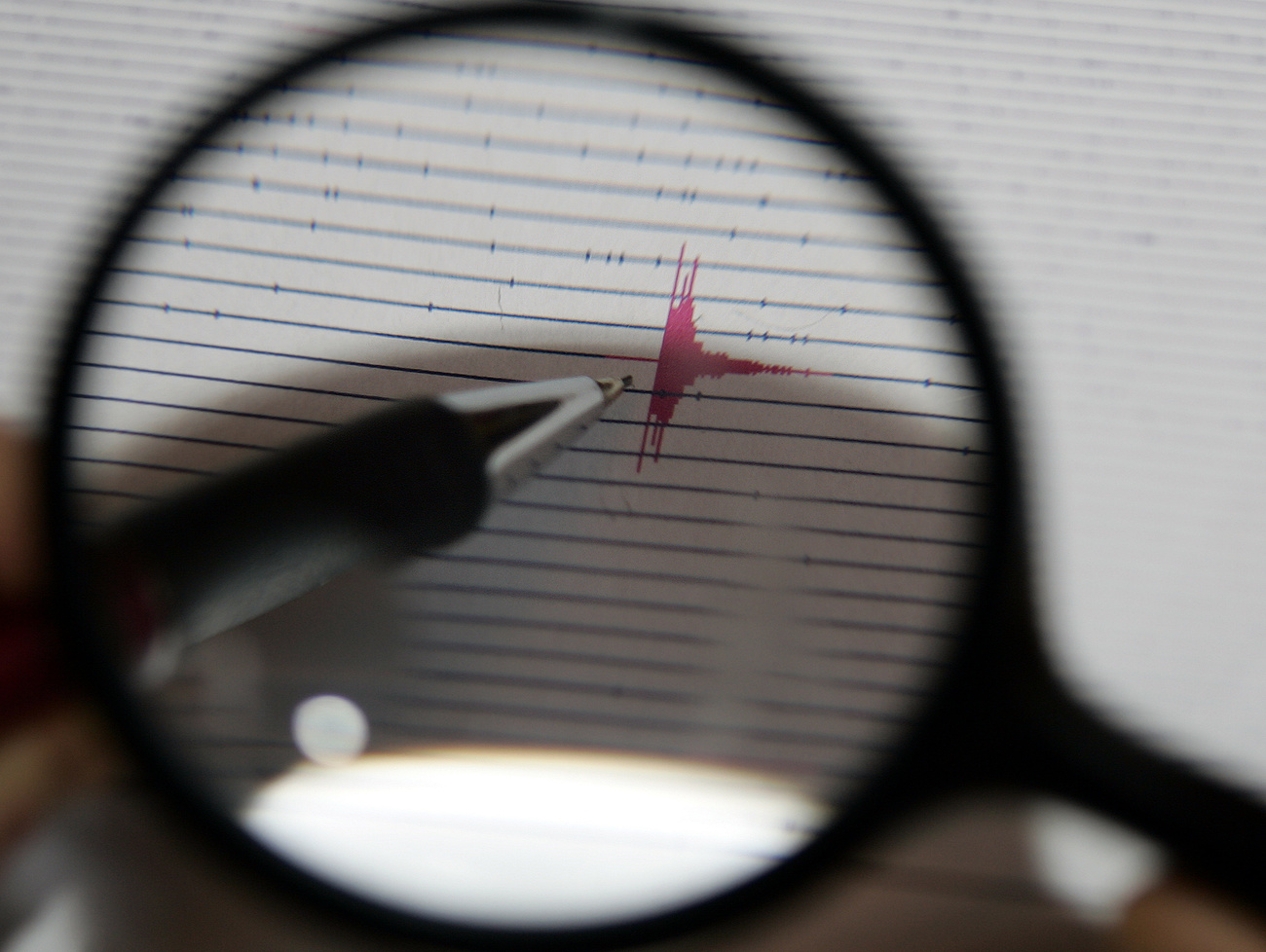
Around 900 earthquakes noted in Switzerland in 2022

Over two quakes a day on average were recorded in or around the Alpine country last year, the Swiss Seismological Service said on Wednesday. There was no damage.
September 10 saw a 4.7 magnitude earthquake hit near Sierentz in neighbouring France – the fifth strongest recorded in the region since records began in 1975. In Switzerland, around 11,000 people reported the tremor, a new record.
+ How the Swiss Seismological Service tries to predict earthquakes in real time
The second-strongest quake of the year, with a magnitude of 3.9, was near Triesenberg in Liechtenstein. It was felt as far away as St Gallen some 50 km away.
No damage was however noted in Switzerland last year. The last time minor disruption was recorded was in 1991, after a 5.0-magnitude earthquake in Vaz in canton Graubünden.
Further back again, more severe quakes are not unheard of: in 1356, a tremor with a magnitude of 6.6 destroyed the city of Basel.
The largest earthquakes since modern measurement methods were introduced in the region were noted in Annecy in France in 1996 and Bormio in northern Italy in 1999, each with a magnitude of 5.1.
Overall the 900 recorded in 2022 marked a slightly lower total than in previous years. At 28, the number of quakes with a magnitude over 2.5 on the Richter scale – and thus capable of being felt by humans – was slightly above average.

In compliance with the JTI standards
More: SWI swissinfo.ch certified by the Journalism Trust Initiative




























You can find an overview of ongoing debates with our journalists here . Please join us!
If you want to start a conversation about a topic raised in this article or want to report factual errors, email us at english@swissinfo.ch.